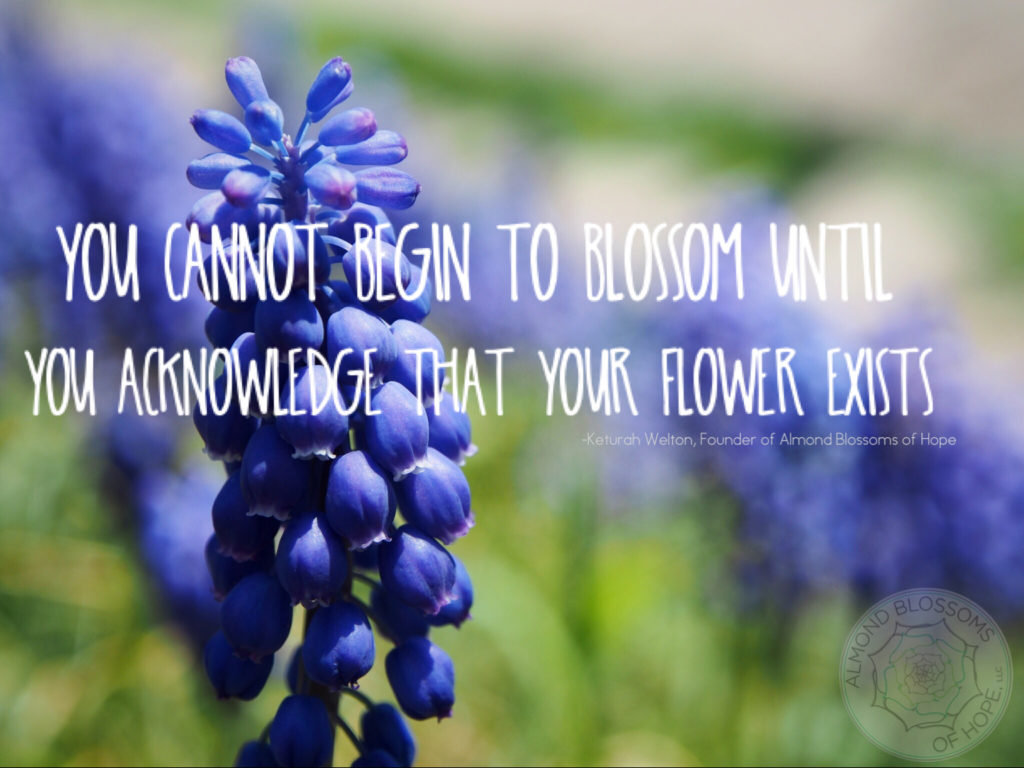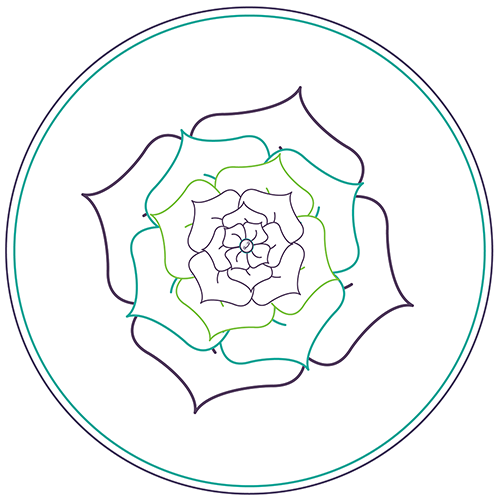
April is Counseling Awareness Month. Most will say, “That is great, another awareness month but why does counseling matter to me and why do others need to be aware?” Sometimes the stigma of mental health, counseling/psychotherapy can prevent others from seeking the support that they may need to live a life that they desire. We must acknowledge that we are worth the personal investment and that sometimes we need the support from a professional. We must acknowledge that we have the possibility to grow and blossom. You cannot begin to blossom until you acknowledge that your flower exists. To break down this stigma, here is a brief overview of counseling, why people seek counseling, the benefits, and what to expect from the counseling process.
What is Counseling:
According to the American Counseling Association (ACA, 2017), counseling is a collaborative effort, between the client and counselor, to identify the goals and solutions of a problem which may be causing turmoil in a client’s life. Ultimately, the process of counseling assists to support a client to identify and utilize healthy coping skills, improve communication, strengthen self-esteem, develop stronger relationships, and promote positive changes for optimal health.
Reasons People Seeking Counseling: “I am not ___, there is nothing wrong with me, I do not need counseling”
Counseling/psychotherapy services are not just for those in a state of crisis and should not be examined from a lens that something is wrong with you. But maybe they are not as “right” as you would like them to be in your life. Below are a few topics that often bring people to seek support from a professional. However please note this is not an exhaustive list. Sometimes we may not fully understand what we are experiencing but recognize that we are unhappy and unsure about what to do to make a change. We may need the support from a professional counselor to make changes in our lives and increase our health and wellness.
If it is feelings of anxiety, depression, struggles with relationships, challenges at work/career and/or school, loss of a loved one, traumatic experiences, decreased self-esteem, the desire to be more active and lose weight, marital or family problems, spiritual/religious conflict, anger management, identity issues, substance recovery, or personal growth goals, etc. counseling may be helpful for you to deal with such issues.
Length of Treatment
At the beginning of any counseling relationship I always ask my clients how long they think that it will take to reach their optimal goals, while the response varies in duration, most often I get the response that they are unsure and are willing to take as long as it needs. It is hard to identify an exact length of treatment, but I challenge you to invest in yourself and look at this not as a length of time but as a journey towards living the life that you truly desire and want. The long-term investment will result in long-term rewards.
Types of Counseling
The four main types are individual, family, couples, and group counseling. Individual counseling offers a more private opportunity to explore personal challenges and assist with individualized goals. A group setting has unique benefits of receiving support from peers while also knowing that you are not alone in the counseling process.
For more information regarding specific details of the types of counseling and services offered contact ABHope (info@ABHope.com) and schedule a free consultation. We also offer corporate wellness programs, educational workshops, and program evaluations in the Pittsburgh area.
Follow us on Facebook (AlmondBlossomsofHope) and Instagram (PGHArtTherapy) for upcoming posts. Coming soon… learn about the difference between traditional counseling and creative arts therapy services.
